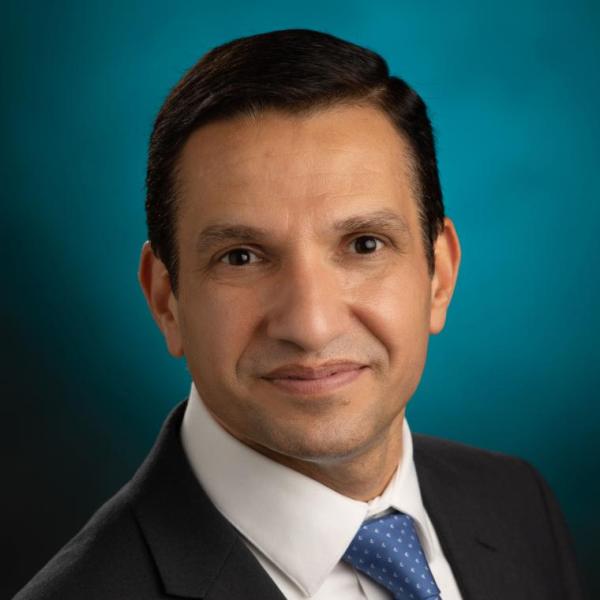
Can weight-loss drugs help sleep apnea?
Weight-loss drugs are being prominently advertised on TV and social media, with celebrities Khloé Kardashian, Elon Musk and Kelly Clarkson touting their effectiveness. Now a new study finds that tirzepatide, the active ingredient in the weight-loss drug Zepbound and the diabetes drug Mounjaro, appears to reduce the severity of sleep apnea.
A pharmaceutical approach to sleep apnea would be a boon to more than 30 million Americans who suffer from sleep apnea.
Currently, the gold standard for treatment is a cumbersome continuous positive airway pressure (CPAP) machine. The CPAP requires a person to wear a mask while sleeping, making it potentially uncomfortable and hard to sleep. For this reason, a lot of apnea patients don’t use it.
Left untreated, the condition can lead to cardiovascular morbidity, excessive daytime sleepiness, fatigue, mood disorder and cognitive impairment.
Twin trials
Eli Lilly & Co., the pharmaceutical company that makes both Zepbound and Mounjaro, funded a pair of clinical trials that found that tirzepatide reduces the severity of sleep apnea by almost 66% in adults with both apnea and obesity. Obesity is one of the important risk factors for sleep apnea, and often go hand-in-hand; one study found that 40% of those with BMI >40 have OSA and 50% of those with BMI>50 have OSA.
The year-long studies included 469 people from nine countries. All participants were obese and had moderate to severe obstructive sleep apnea. They were either unable or unwilling to use a CPAP machine (Study 1) or used their CPAP therapy – or planned to – during the trial (Study 2). In both trials tirzepatide achieved its primary and key secondary endpoints, with a mean reduction of up to 63% on the apnea-hypopnea index (AHI), or about 30 fewer obstructive sleep apnea events per hour of sleep.
Multiple studies in the past showed significant improvement in sleep apnea with weight loss; one of the studies showed 10% weight gain was associated with a 32% increase in obstructive events. In the other, 10% weight loss was associated with a 26% decrease in obstructive events.
Not surprisingly, patients who received tirzepatide also lost 18-20% of their body weight and had improved blood pressure and blood oxygen levels while sleeping. Fewer sleep apnea episodes were most likely a secondary effect of the weight loss. Studies show that as sleep apnea patients lose weight, their condition improves. However, for a group of patients whose sleep apnea is due to their upper airway anatomy, redundant soft palate, enlarged tonsils or an enlarged tongue, some sleep apnea may persist despite weight loss.
FDA approval sought
Currently, Zepbound and Mounjaro are not FDA-approved for sleep apnea. Eli Lilly has applied for approval, but a decision is unlikely to come before early 2025. In the interim, your doctor could prescribe either to help with your sleep apnea, but most insurance plans won’t cover the cost.
So far, the popular weight loss drugs Wegovy and Ozempic have not had any clinical trials looking at their effectiveness for sleep apnea.
If you suffer from sleep apnea but don’t like the CPAP machines, several newer maskless treatments are available. The doctors at SIU can help you explore your options, as well as help you make lifestyle changes that can ease your sleep apnea symptoms. Contact SIU today to start sleeping better tonight.




